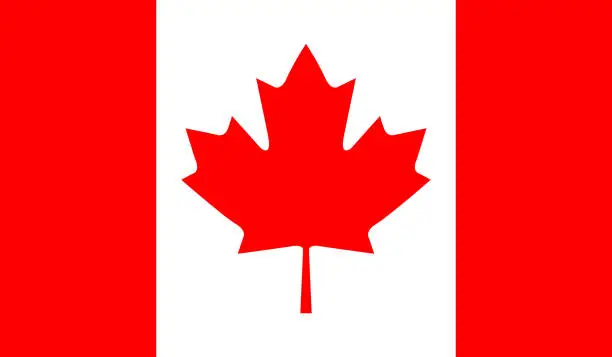Free Canadian Consumer Protection Compliance Checker
Could Your Warranty Policy Be Breaking Canadian Law?
Many small businesses unknowingly fail to meet federal and provincial consumer protection standards. Take this free 60-second quiz to check your legal risk under Canadian warranty and disclosure laws. No email required.
Canadian Consumer Protection Compliance Checker
1/10 Questions
1) Where do you sell your products?

Canada

Other Countries
2) Do you offer any written warranty (including on your website or packaging)
3) Is your warranty available to the customer before the sale?
4) Do you disclose the duration and scope of your warranty clearly in writing?
5) Do you inform customers of their rights under the provincial Sale of Goods Acts or consumer protection laws (e.g., implied warranties)?
6) If a customer claims a defect, do you respond in writing and process the request within a defined timeline?
7) Do you track and log warranty claims and their outcomes?
8) Are your return/refund/warranty policies available in both English and French if you sell or ship products to Quebec?
9) Do you ever deny warranty coverage because a customer used non-original parts or services?
10) Do your product listings or invoices mention “as-is” or “final sale”?
Compliance Score: 0/10
You're mostly compliant with Canadian warranty and disclosure requirements under federal and provincial consumer laws
Download the detailed compliance score results. Download Report
Warranty terms, claim handling, and compliance can be fully managed, saving you time and reducing legal risk.
You may be in breach of Canadian Consumer Protection laws, including federal rules under the Competition Act and provincial laws such as the Sale of Goods Act or the Consumer Protection Act
Download the detailed compliance score results. Download Report
Don’t risk legal complaints, chargebacks or enforcement actions. Let us help you stay compliant and protect your business
starting at just C$9.99/month.
Frequently Asked Questions
Canadian consumer protection laws are rules designed to protect buyers across Canada. These laws ensure that businesses provide clear and honest warranty information, and that products are safe, work properly, and match their description. If a product is faulty or does not perform as promised, consumers may be entitled to a repair, replacement, or refund.
In Canada, consumer protection laws are enforced by both federal and provincial authorities
- The Competition Bureau handles false or misleading warranty claims across the country.
- Provincial consumer protection agencies (like in Ontario, Quebec, or Alberta) enforce rules about warranties, returns, and fair treatment of customers.
- Explain their warranties clearly.
- Follow the rules if they offer a “full” warranty.
- Do not ignore basic promises that come with a product.
- Fix the problem or honor the warranty if something goes wrong.
Non-compliance may lead to:
- Investigations by regulators.
- Legal claims or chargebacks.
- Fines or enforcement actions.
- Damage to your brand’s reputation.
Simply answer a few questions about your product warranties and disclosures. We’ll instantly let you know if your current practices put your business at risk and recommend next steps to protect your brand.
No. The law applies to all businesses that offer written warranties, regardless of size. Many small and growing brands unknowingly violate the law and become easy targets for complaints or lawsuits.
If you’ve never reviewed your warranty terms under Canadian consumer protection laws or consulted a compliance expert, there’s a good chance your business could be at risk. Start with our free checkup and get peace of mind in minutes.
Not necessarily. Our platform offers a free compliance check and affordable support plans designed for small businesses. We help you identify gaps and provide the tools and templates to stay aligned with the law, without the high cost of legal retainers.
Yes, especially if you offer written warranties. Canadian Consumer Protection laws require businesses to clearly present warranty terms before the sale. Don’t worry, we’ll help you create a compliant warranty page that protects your business and builds customer trust.
Yes. If you provide a written warranty, it must be available before the sale, whether you’re selling in-store or online. The terms should be clear, accessible, and in plain language.
A court can order the business or individual to stop the deceptive practice, publish a corrective notice, and pay financial penalties under Canadian consumer protection laws.
Yes, individuals can face penalties under Canadian deceptive marketing laws on warranties and guarantees. Fines can reach up to $750,000 for a first violation and $1 million for repeat violations, or three times the amount gained through misleading claims, whichever is greater.
Corporations can be fined the greater of $10 million (or $15 million for repeat violations), or three times the benefit gained from the deceptive conduct. If that amount is unknown, it could be up to 3% of their annual worldwide gross revenue.
Still have a question? Contact us.

